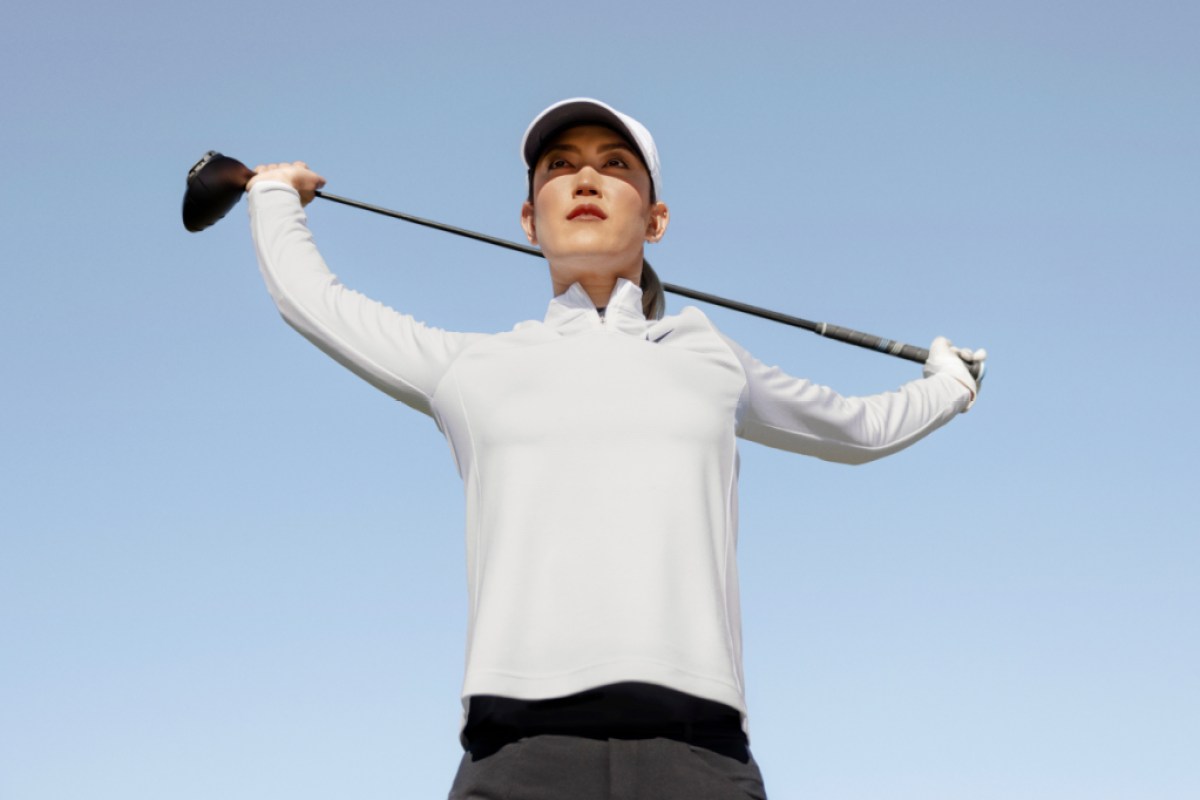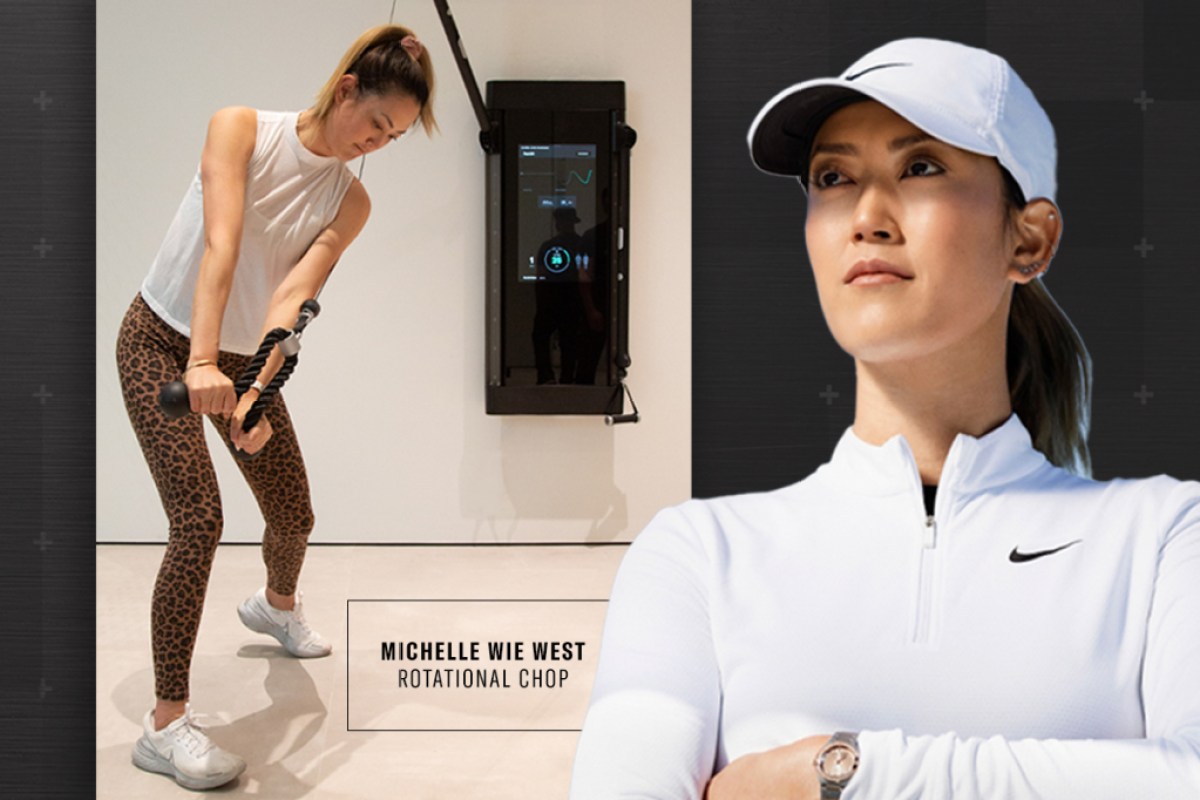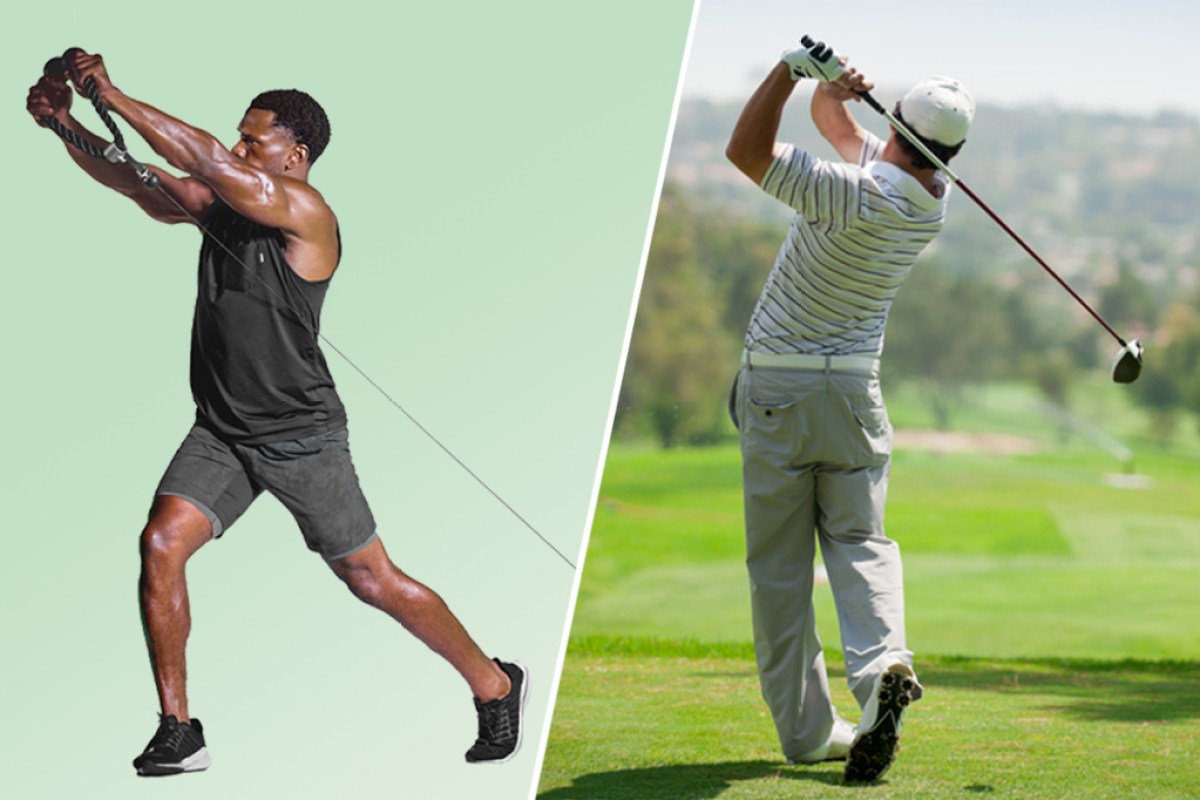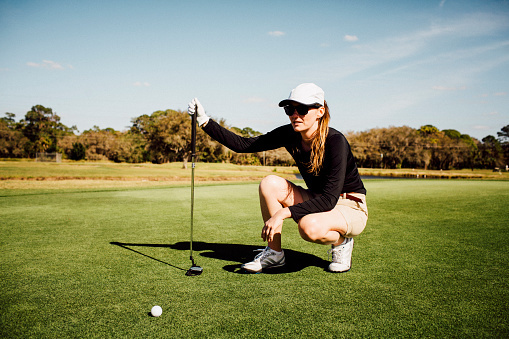On her journey from pro to mom and back again, the legendary golfer has reclaimed her training and refocused on herself with the help of Tonal.

From the very beginning, Michelle Wie West was really good at golf. So good, in fact, that when she turned pro in 2005 at the age of 16, she saw nothing ahead of her but an ascent to the top of her sport, an upward trajectory where every day would be better than the next.
“That was the way I saw my life,” she remembered during a sit-down interview with Tonal. “Because up until that point, there had been no downs.”
Wie West would, indeed, have plenty of highs, charging deep into the final rounds of her first professional tournaments with her 300-yard drives and on-course savvy. She would win five pro tournaments and even made a few forays into men’s professional events. But she would also experience the lows, battling an onslaught of injuries to her neck, back, hip, knee, ankle, and both wrists.
In June of 2019, the now veteran golfer played what she thought, at the time, might be her last professional tournament, shooting two rounds in the 80s and missing the cut. When, several months later, Wie West discovered she and her new husband, Jonnie West, were expecting their first child, she was so unsure of her own physical strength and ability to persist that she worried she wouldn’t be able to carry a baby to term. That’s when her concept of strength began to evolve.

“At every phase of my life, strength has had a different meaning,” said Wie West, now 32. “Throughout my injuries, strength meant something different than it did when I was pregnant. Then going through childbirth changed my view of strength again. And now, being a mother, everything has changed.”
When you’re a pro athlete, she explained, everything is about you, and you have an entourage of people focused on tending to your every need. As you transition into motherhood, you become a one-woman entourage to your child, a shift Wie West found challenging. “As a professional athlete, you are so innately selfish,” she said. “And as a mom, literally nothing is about you.”
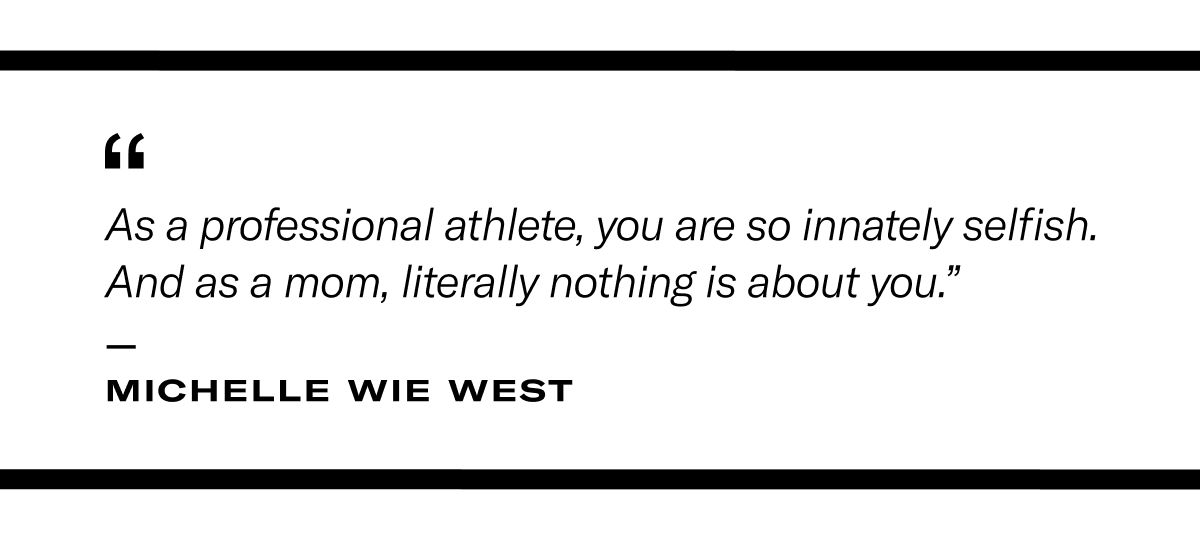
She went through a period when she did not recognize her own body but was simultaneously in awe of what it was able to accomplish. As she adjusted to her new role, her mindset changed as well. “I went from thinking, ‘My body’s completely done, it can’t do anything,’ to ‘I created a whole human from scratch,’ it’s completely shifted my relationship with my body,” she told the New York Times in 2020. “I have so much more confidence in it now.”
Wie West’s pregnancy and childbirth made her realize the importance of strength, not just for athletic performance or for aesthetics, but for life: for picking up groceries, for chasing her two dogs, for staying healthy over time. Wie West also realized that taking care of herself makes her better able to take care of her daughter.
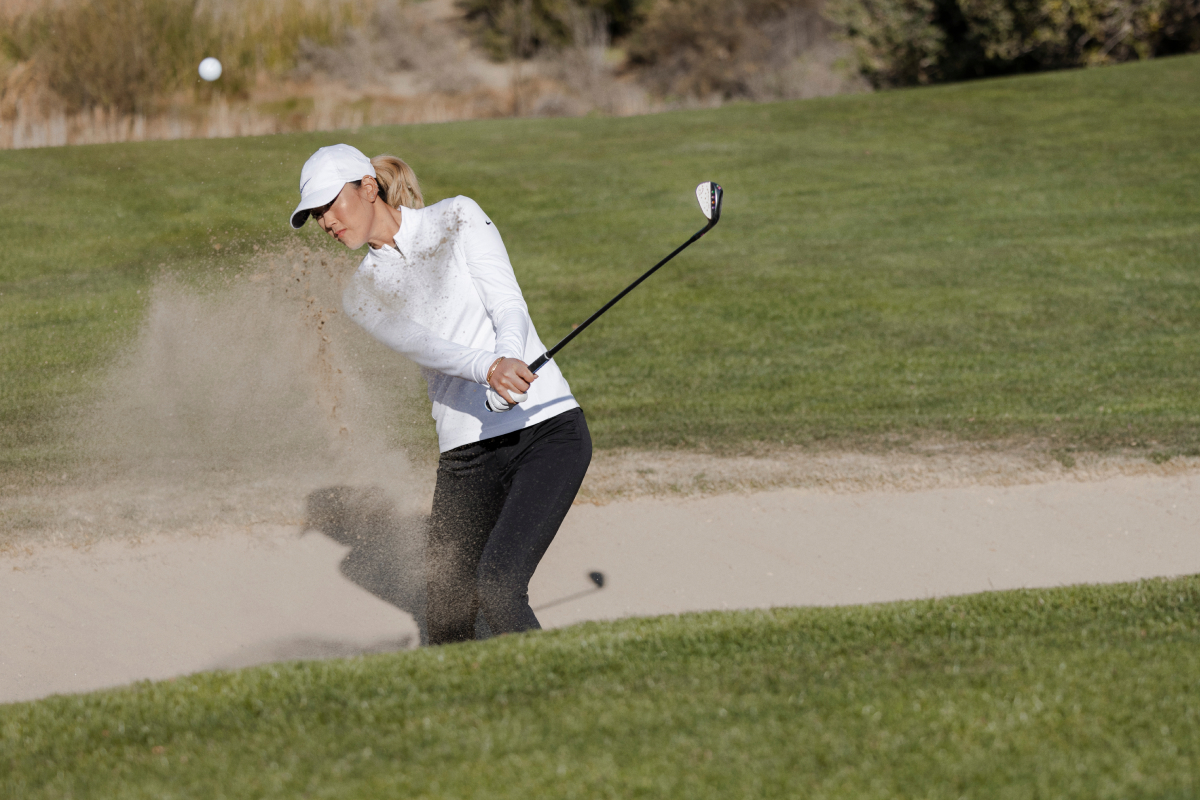
That’s when Wie West gradually began making healthy changes to care for herself. She bought a juicer and started making fresh juices and smoothies, replacing cups of coffee with wholesome foods that also provide energy. She established a more regular eating routine. And she began to think more about exercise, finding time to sneak in just 20 minutes of yoga on Tonal to re-center herself. “I was so tired and didn’t really want to work out,” she recalled. “But it was really nice to just connect, listen to nice music, and move.”
Now that Wie West has a more established routine as a mother (her daughter Makenna will turn two in June), she works out while Makenna naps, whether on Tonal or with the app on her phone. “It’s a Zen moment for me, giving myself a second to breathe and not be distracted by anything else, and having the coach talk me through a workout,” she said. “I can’t just leave the house with a baby monitor and go to the gym for an hour, so having the Tonal in my home allows me to work out in my own space and still hear the baby if she cries.”
Tonal has also alleviated many of the injury fears Wie West had pre-pregnancy about training for golf. Her injuries made her hesitant in the weight room, afraid to pick up heavy barbells or dumbbells or to perform certain explosive movements, for fear of injuring herself further. She would opt for lighter weights to feel comfortable, despite knowing she wasn’t getting the most out of the moves, or she would stray away from strength training altogether. “Historically, I have always felt unsafe doing certain exercises because of all of my injuries,” she says. “But with Tonal, I feel safe.”
Safe, in no small part, to re-focus on the possibility of returning to professional golf. Given Wie West’s injury struggles and her new place in life, she has not yet decided how much time she’ll devote to golf moving forward. But she did shoot a 2-under-par 70 last April on the first day of her first major tournament since childbirth and played in several tournaments thereafter.
What she does know is that everything comes in waves. “Nothing is permanent,” she said. “When you’re going through a low point, that’s not permanent, and when you’re going through highs, unfortunately, that’s not permanent either. You just have to learn to ride the waves and be grateful for every moment.”
